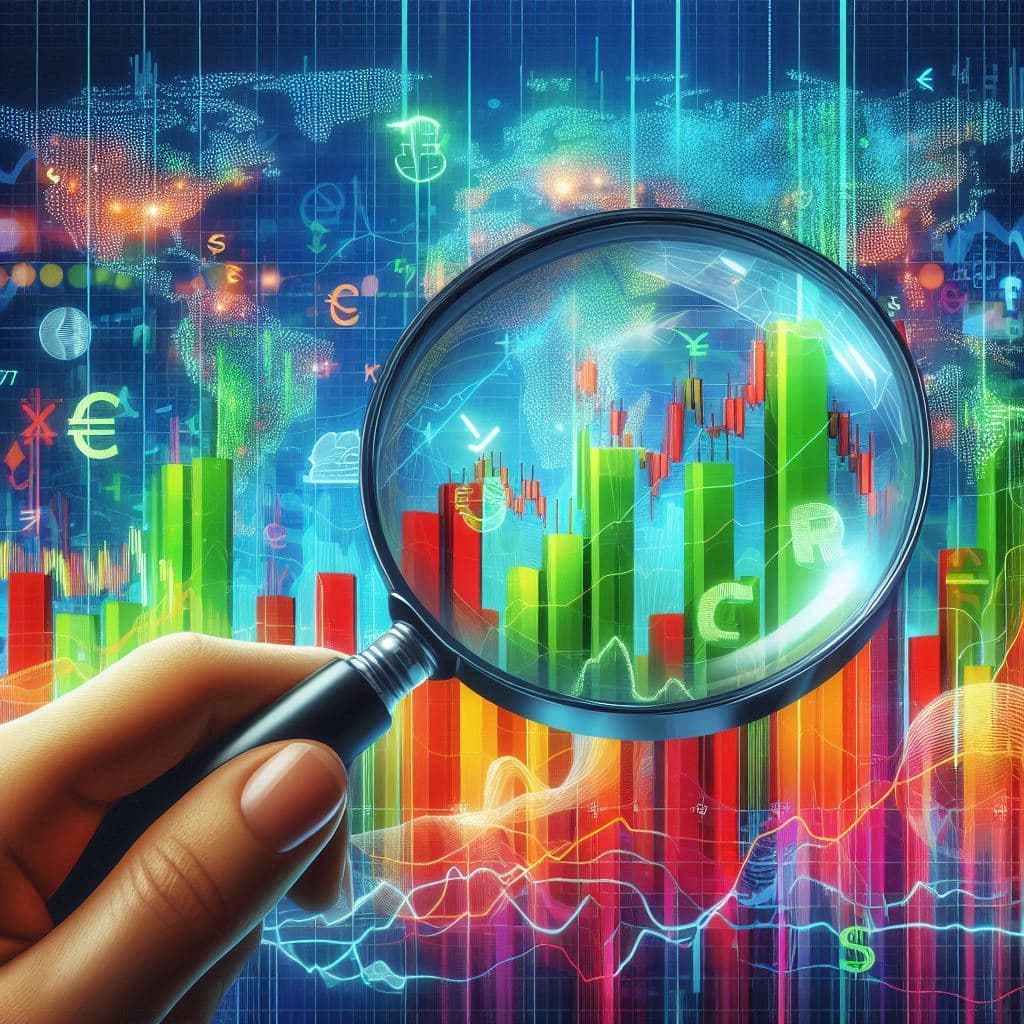How Much Tax Do You Pay on Day Trading?

Day trading has surged in popularity, attracting countless individuals looking to harness the market’s ups and downs for profit. However, beneath the allure of quick gains, lies a complex tapestry of tax obligations. Understanding how much tax you pay on day trading is essential for any aspiring trader. Taxes can significantly impact your net profits, and being well-informed can save you from unexpected surprises. This article will delve into the intricate details surrounding this topic, offering clarity and guidance.
Understanding Taxable Income from Day Trading
Day trading involves buying and selling securities within the same trading day, often multiple times. This high-frequency trading generates short-term capital gains, which are taxed at a different rate compared to long-term investments. Short-term capital gains are typically taxed as ordinary income. This means that the profits you make from day trading will be added to your other sources of income, like your salary, and taxed according to your income tax bracket.
Factors Influencing Your Tax Rate
Your total taxable income is a crucial factor in determining how much tax you pay on day trading. The higher your overall income, the higher your tax bracket. Consequently, high-frequency traders with substantial gains can find themselves in the top tax brackets. It’s also important to remember that tax rates can vary based on your country of residence and specific tax regulations. In the UK, for example, Capital Gains Tax (CGT) applies to profits made from selling assets, including stocks.
Allowances and Reliefs
The UK offers certain allowances and reliefs that can mitigate the tax burden on day traders. The Capital Gains Tax allowance allows you to earn a certain amount of profit each year before you start paying CGT. For the 2023/2024 tax year, this allowance is £12,300. This means that if your total gains from day trading are below this threshold, you won’t pay any CGT. Additionally, you can offset your gains with any losses from day trading or other investments, reducing your taxable profit.
Reporting Your Day Trading Income
Accurately reporting your day trading income is crucial to avoid penalties. In the UK, you must report your capital gains on your Self Assessment tax return. This involves detailing all your trades, calculating your total gains or losses, and applying any allowances. If you’re a frequent trader, keeping meticulous records throughout the year can simplify this process. It’s also advisable to use trading software or consult a tax professional to ensure accuracy.
Day Trading as a Profession
For some, day trading evolves from a hobby to a full-time profession. If you’re trading extensively, HMRC may classify you as a self-employed trader. This changes your tax obligations, as you’ll need to pay Income Tax and National Insurance instead of CGT. The classification depends on various factors, including the frequency of trades, the time spent trading, and whether you rely on trading for your primary source of income.
Planning for the Future
Tax planning is an integral part of a successful trading strategy. By understanding how much tax you pay on day trading, you can make informed decisions that maximise your net profits. Consider consulting a tax advisor who specialises in trading to develop a tax-efficient strategy tailored to your needs. They can provide insights on timing your trades, utilising tax allowances, and structuring your trading activities to minimise your tax liability.
Staying Informed
Tax laws and regulations are subject to change, and staying informed is crucial. Follow updates from HMRC and financial news sources to keep abreast of any changes that might affect your tax obligations. By staying proactive, you can adapt your trading strategy and tax planning to ensure compliance and optimise your profits.
Understanding the tax implications of day trading can seem daunting, but with careful planning and informed decisions, you can navigate this complex terrain. Whether you’re a casual trader or considering making day trading your profession, knowing how much tax you pay on day trading is essential for financial success.

